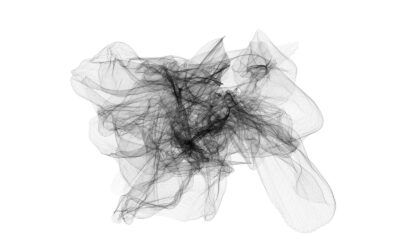Ketamine was initially used in the medical community as a strong anesthetic and pain reliever for injured people needing immediate relief. The drug was fast-acting and had minimal side effects. Like many other FDA-approved medications, ketamine also has a history of recreational abuse. Unfortunately, it is this history that often gets inaccurately interchanged with ketamine’s medicinal benefits, causing concern, confusion, and mistrust of ketamine infusion therapy. Here are some of the most common ketamine myths explained.
Is Ketamine a Horse Tranquilizer?
In addition to its numerous street names, including Special K, ketamine is often referred to in non-medical communities as a horse tranquilizer. This medication has been used in veterinary medicine as anesthesia for animals of all sizes, including equines. However, that doesn’t mean that ketamine is only specifically intended to anesthetize large animals. This remedy is used for both animals and humans as a safe anesthetic, but depending on the size of the individual or animal, will be administered in varying doses. During a ketamine infusion, the dosage is even smaller than when administered as a sedative for surgery.
Is Ketamine Dangerous?
When used as a recreational drug without a doctor’s supervision, ketamine can be dangerous. Self-medicating is always discouraged, and prescription drugs are categorized as such because when mishandled, they can cause unwanted side effects. With ketamine, taking too high of a dosage can cause a host of undesirable mental and physical sensations, including extreme confusion, numbness, paranoia, and hallucinations. When administered by a doctor through infusion therapy, side effects are minimal and patients have reported feeling calm, relaxed, euphoric, and separated from anxious thoughts.
Will I Fall into a K-hole?
Ketamine belongs in the class of dissociative anesthetics. Recreational users of ketamine who are seeking to experience dissociative feelings or psychedelic sensations cannot regulate how much of the drug they are ingesting, and may find themselves feeling detached from their mind, body, and thoughts, to the point of experiencing frightening hallucinations. Often, this is referred to as a k-hole. A ketamine infusion treatment avoids this experience all together by administering small doses under the supervision of a doctor and other medical personnel. While a patient may feel a variety of physical and mental sensations, the treatment shouldn’t produce feelings of paranoia, panic, or anxiety.
Will I Become Addicted to Ketamine?
Ketamine is not a physically addictive drug, meaning it does not cause a physical dependence in our bodies, unlike other legal substances (alcohol, nicotine, sugar, caffeine). However, those who use the drug recreationally report a physiological dependence, leading to heavy abuse and misuse of ketamine. When administered as an infusion treatment, ketamine does not induce a psychological dependence and has actually been used to treat patients who suffer from addiction.
Ketamine infusion therapy has worked wonders for patients experiencing treatment-resistant depression. It also provides safe and effective relief for those suffering from PTSD, anxiety, and chronic pain. Contact us today to learn more about this medical marvel.



